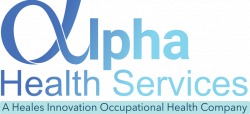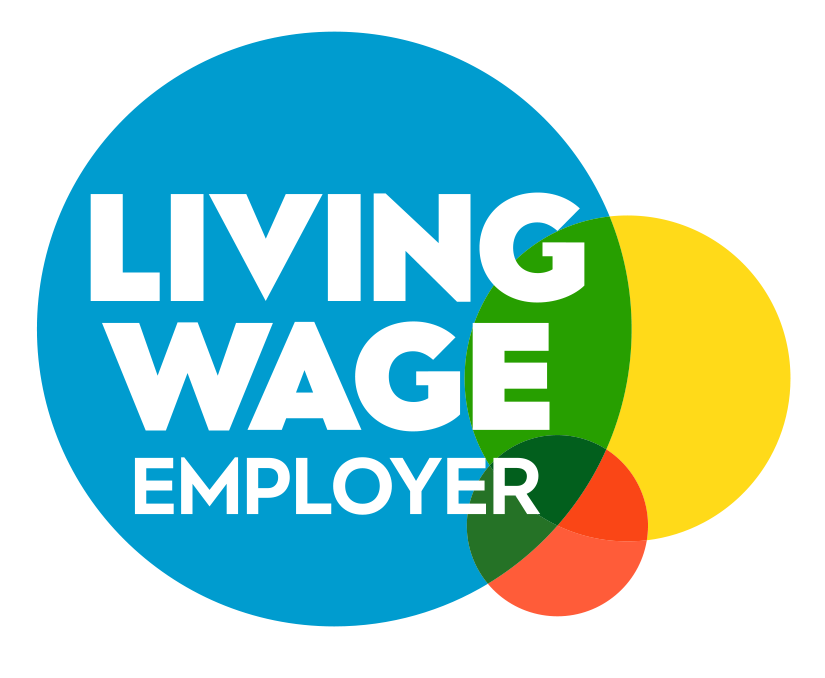What is cholesterol and why is it a potential problem?
Lets start at the beginning.
Fat is one of the 3 macronutrients that we need within our diet to keep our bodies working optimally. There are two types of fat- saturated and unsaturated. Generally we try to cut down on saturated fats and opt for more unsaturated fats. Even though saturated fats do play a part in our diet, too much of it has been linked to heart disease and stroke.
Saturated fats mostly come from animal products such as meat, butter, cheese etc.
Cholesterol is a fatty substance (lipid) that the body uses to build the outer membrane of your cells, to help make vitamin D and steroid hormones that keep our bones, teeth and muscles healthy and make bile which helps us to digest fat. It plays a vital role in how our body works- so its not all bad.
Cholesterol comes in two forms:
HDL -high density lipoprotein (good cholesterol)
LDL– low density lipoprotein (bad cholesterol)
These lipoproteins are carried to where they need to go in the body through the bloodstream. However, when there is too much LDL it starts to build up in the arteries by sticking to the walls- which eventually gets in the way of the blood moving through the arteries as well as it used to…which is when it becomes a problem.
What raises your cholesterol?
There can be a number of reasons your cholesterol can become raised, things such as:
- diet high in saturated fats
- lack of physical activity (fats aren’t being used up for energy)
- genetic conditions that mean fats aren’t processed in the usual way
What can lower your cholesterol?
As well as increasing your physical activity and quitting smoking, there are several ways you can adapt your diet to help lower your cholesterol:
- Eat more whole grains- linked to lower risk of heart disease. Beta-glucan (which lowers cholesterol) can be found in oats and barely
- Eat oily fish once a week which can help to increase HDL levels and be good for the heart
- Olive oil- increases HDL
- Purple fruits and vegetables may help increase HDL as they are rich in anthocyanins
- Avocados contain monounsaturated fatty acids and fibre, both help to lower LDL cholesterol
- Legumes (eg. beans, peas, lentils etc.) are good for helping to lower LDL
- Nuts are loaded with good fats and fibre which help to lower cholesterol
- Eat less saturated fat- processed meat, pies, pastry, butter, cream and coconut oil
- Opting for leaner meat or cutting the fat off before cooking






